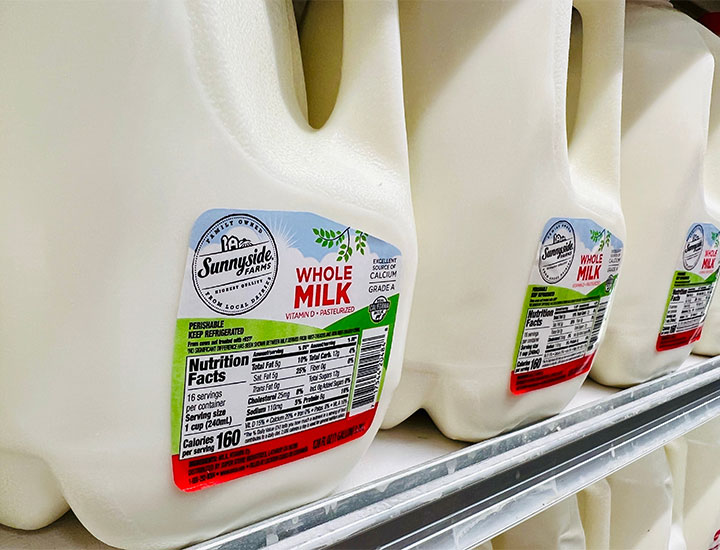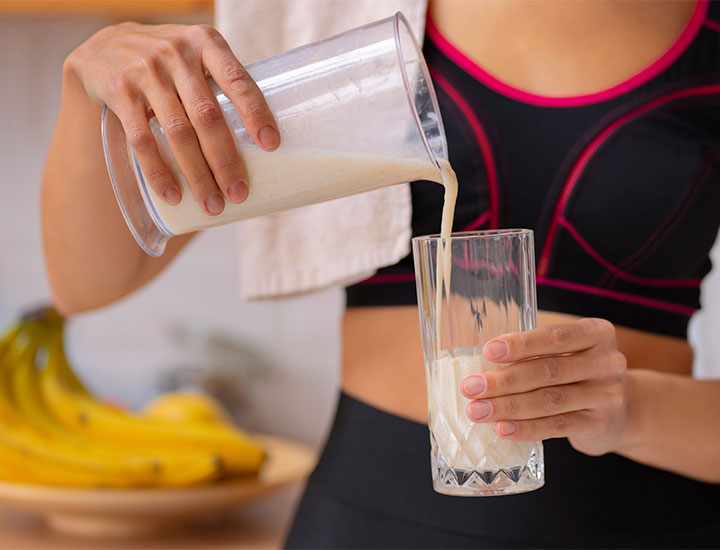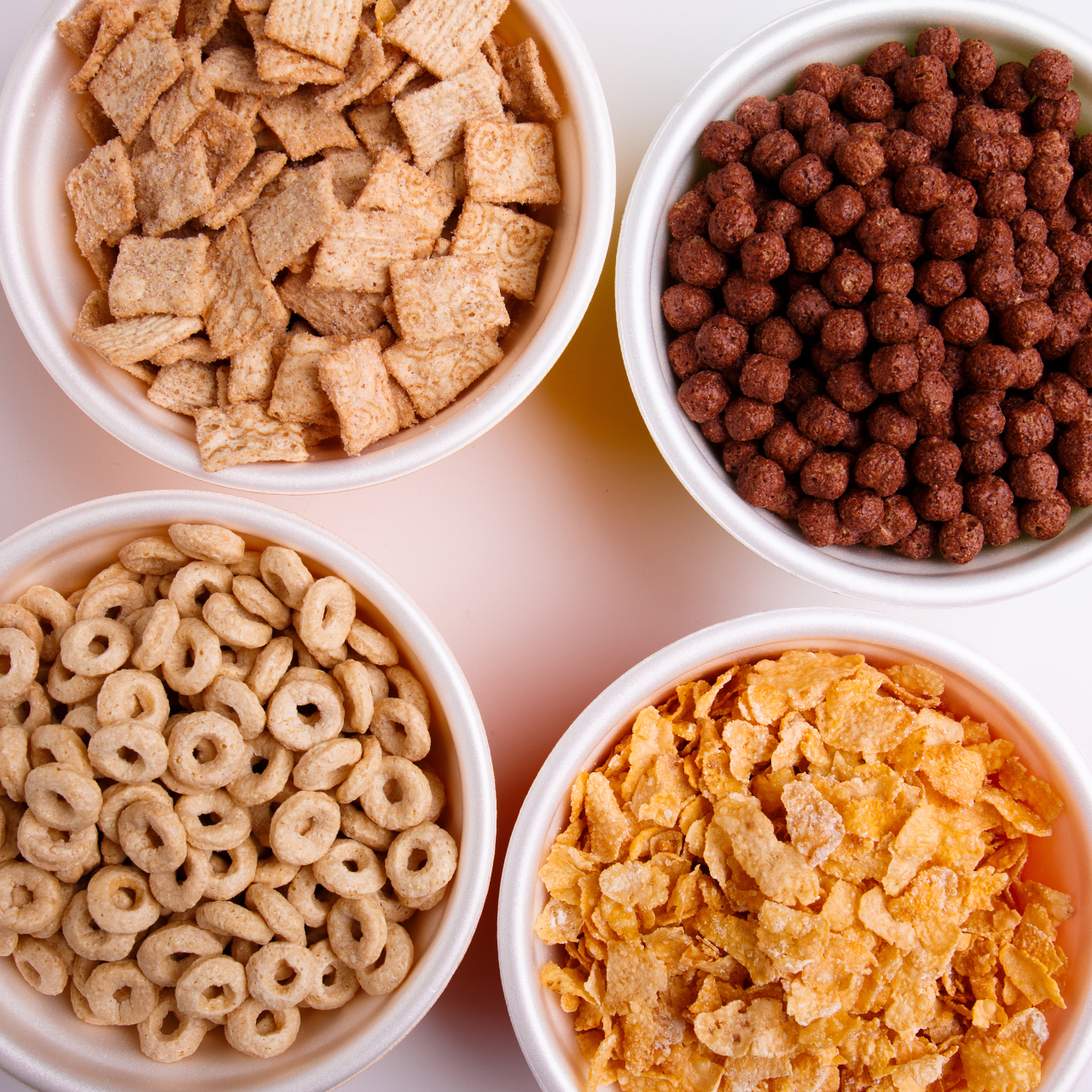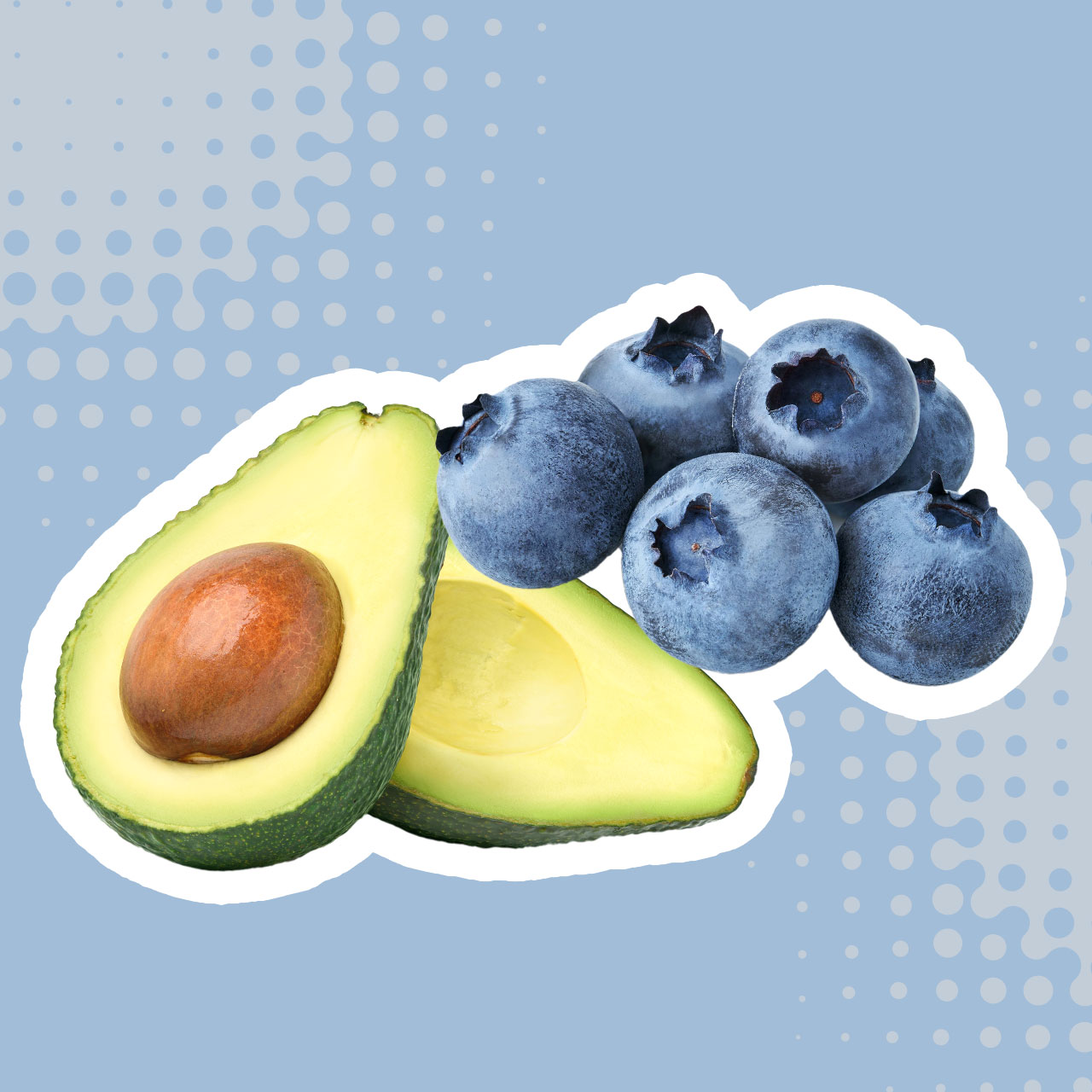This post has been updated since its initial publish date to include more expert insight.
In addition to maintaining a healthy diet, exercising regularly, and keeping your gut health in check, keeping inflammation levels low is another major key to successful weight loss. While a little bit of inflammation is natural, it can lead to insulin resistance and other issues that can cause weight gain (or make it difficult to lose weight) over time. Unfortunately, many of the foods and beverages you consume every day could be causing inflammation—including the milk you drink.
To discover the worst inflammatory milk for weight loss that you could even be adding to your morning cup of coffee, we spoke to nutritionist Mary Sabat. She told us that you should consider cutting out non-organic whole milk if you’d like to keep inflammation levels as low as possible. Learn more about the health effects of drinking this type of milk regularly below!


Non-Organic Whole Milk Is The Worst Milk For Weight Loss
If you're trying to lose weight and keep inflammation at bay, it may be best to switch to organic, low-fat milk. "The worst milk option out there is non-organic whole milk," Sabat tells us. This is partly due to the fact that non-organic milk contains bovine growth hormone and antibiotics, which she warns can increase inflammation in the body. Similarly, red meat like cow beef have higher levels of cholesterol than chicken or fish. Eating red meat has long been linked to a higher risk of gut issues and even heart disease.

"These hormones and antibiotics can disrupt the body's natural balance of hormones, which can lead to inflammation," Sabat explains. But it isn't just the hormones that you should be weary of. She notes that non-organic milk may also contain inflammatory chemicals and pesticides. Yikes!

Then there's the issue of the cholesterol and fat content. "Whole milk makes the product higher in cholesterol and saturated fat, both of which can lead to inflammation and weight gain," Sabat says. "In addition, fat carries toxins, so a non-organic whole milk may have toxins that are not only inflammatory but detrimental to health." That's not what you want in your morning bowl of cereal!

The Bottom Line
For these reasons, it's best not only to switch to organic milk, but also to go with low-fat or fat-free options. Sabat recommends skim milk, or even plant-based options like almond milk, oat milk, and soy milk. "These alternatives are lower in saturated fat and cholesterol, which can help reduce inflammation and weight gain and are less likely to have residual GMO's, antibiotics and hormones as well as toxins," she concludes. Got it!


























